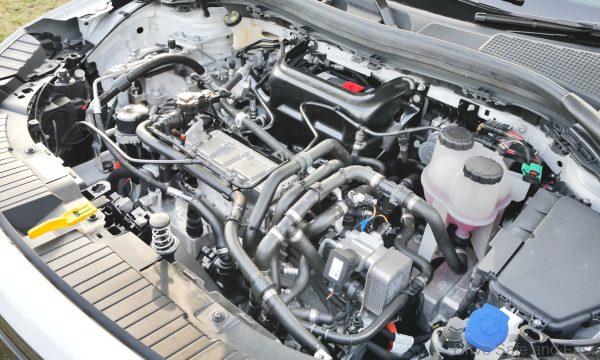The 2023 Budget has the right incentives, but does the industry have the right affordable EVs for mass adoption?
The Malaysian government has proposed a budget for 2023 that includes several measures aimed at encouraging the adoption of electric vehicles (EVs). The budget proposal includes a variety of incentives and investments that could help to overcome some of the barriers to EV adoption in Malaysia. We feel that on the whole, these measures are great. However, in taking a wider view of the car industry’s outlook, widespread EV adoption in Malaysia is still a difficult issue to tackle, and may not be the best or only way forward. But let’s look at the proposed measures in detail first.

One of the key measures in the proposed budget is a new tax incentive for EVs. Under the proposed scheme, EVs would be exempt from import duty, excise duty, and sales tax until the end of 2025 for fully-imported models and until the end of 2027 for locally-assembled models. This is nothing new – just an extension to the current tax program for EVs.

While this has been great for luxury brands and the multi-millionaires of Malaysia, there are still only a handful of products that the middle class can consider. Among them – the Hyundai Kona Electric, the Ora Good Cat and the BYD Atto 3. Each of these are priced at above RM150,000 for their long-range models.

Yes, a full tax exemption on EVs is a great way to spur demand, but the supply of affordable EVs is still wanting. This likely because EVs are just plain expensive to produce in the first place and global shortages are making it impractical for companies to sell cheaper products in the market. Even Land Rover has trouble keeping Range Rover owners from ‘flipping’ their newly purchased vehicles for a profit due to a lack of supply.

So, what will happen? It’s more likely that the petrol-powered Bimmers and Benzes that dominated the luxury market in Malaysia will slowly be displaced by EVs. Maybe for every 5 C-Class models, Mercedes-Benz Malaysia will sell one EQ product. The majority of car buyers will probably still go for petrol and hybrid models though.

In addition to the tax incentive, the proposed budget includes funding for the development of charging infrastructure. The government plans to allocate a sizeable sum to install tens of thousands of charging stations across the country. The funding will be provided through a new charging infrastructure fund, which will be managed by the Malaysian Green Technology and Climate Change Centre. We’ll believe it when we see it, but over the next few years EVs might be more practical to run with this charging infrastructure in place.

As of writing this I’m attempting my first cross-country trip from Kuala Lumpur to Johor Bahru with an electric vehicle – the Volvo C40. I will provide a write up on my experience to highlight the practicality of such a journey under the current circumstances.